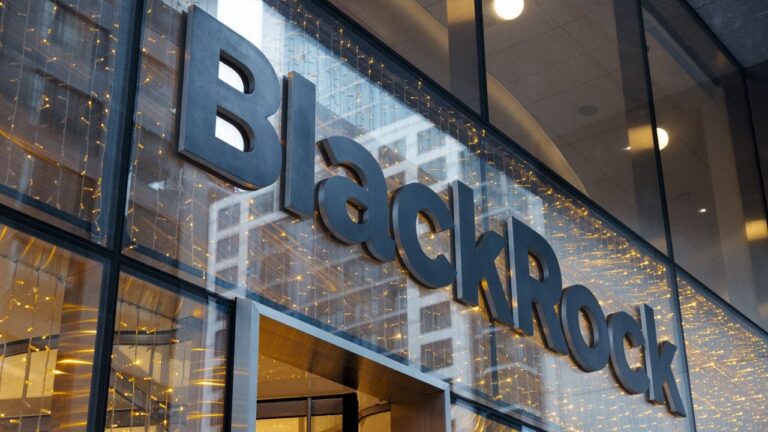
In the digital era, it is crucial to guard not only your physical assets but even your digital assets. Everything from your files to your device’s email or online banking passwords needs protection from malicious users or bad actors. This is where antivirus software like Norton and Quick Heal comes in.
Antivirus software scans the files and programs on your system and looks for codes that match known malware and quarantines or deletes the dangerous code. If you’ve decided to install an antivirus program, but you’re confused between Norton and Quick Heal, you’re at the right place.
Norton vs. Quick Heal: Quick Overview
Norton Antivirus came into existence in 1991 when Symantec acquired Peter Norton Computing and launched the first dedicated antivirus product for users. However, the groundwork began in the 1980s, which makes Norton one of the oldest names in the industry.
Formerly known as CAT Computer Services, Quick Health Technology Limited started in 1995. With Indian origins, the company is not present in over 76 countries across the globe. Now that you know about these companies, let’s dive deep into their antivirus product and discuss several aspects, including security, user interface, performance, etc.
Norton vs. Quick Heal: Detailed Comparison
Security and Protection
Regarding security and protection, Norton and Quick Heal have been rated well by SE Labs.
Regarding Norton 360, it has received 100% total accuracy and was awarded a AAA rating by SE Labs in Q4 2023. On the other hand, even though Quick Heal got a 100% total accuracy rating in 2019, SE Labs mentioned that it was “notably weaker than the competition” in preventing targeted attacks.
According to a report by TechRadar, a 2018 test by AV-Comparatives places Quick Heal in the last place “with a protection score of 97.9%.” Nonetheless, in June 2020, the antivirus was awarded AV Test’s Top Product award for scoring 6/6 in the protection and performance categories.
Hence, even though both software are great at detecting malicious programs, Norton appears to have a slight edge over Quick Heal.
Database Updates
In terms of updates, a Norton community post mentions that the anti-virus software gets updates “typically one and three times a day.” By default, the program is set to download and install updates automatically.
Quick Heal also pushes updates frequently and enables automatic updates by default.
Plans and Pricing
In India, Norton offers three plans. The most affordable Norton Antivirus Plus costs INR 799 for one year and protects three PCs or Macs. It provides antivirus, malware, ransomware, and hacking protection. Users also get a 100% virus protection promise and 2GB of cloud backup.
Then there’s the Norton 360 Standard plan, which costs INR 899 for a year of protection to one PC, Mac, tablet, or phone. In addition to all the benefits of the Plus plan, Standard adds VPN and 10GB of cloud backup.
Last but not least, the Norton 360 Deluxe costs INR 1,199 for a year and provides access to three devices: PCs, Macs, tablets, or phones. Additional features include dark web monitoring, parental control, and 50GB of cloud backup storage.
Quick Heal’s most affordable Antivirus Pro plan costs INR 816 per year for one user. It offers AI-powered predictive tech for protection against malware and ransomware. It also includes firewall protection.
The Quick Heal Internet Security plan costs INR 1,174 for one user a year. It secures users’ Wi-Fi and provides browsing, phishing, and email protection on top of all the regular features.
Quick Heal Total Security costs INR 1,591 for one user a year. It offers data breach alerts, safe banking, anti-tracker, and webcam protection. Other features include game booster and performance booster.
Even though both the basic antivirus plans cost around INR 800, Norton’s plans provide access to three PCs or Macs, more value for money than the single-user Quick Heal plan.
User Interface
Per a Cyber News review, Norton’s interface is “clean and easy to navigate.” While all the main features, such as scanning and software update are available on the home screen, some features might redirect users outside the app. To conclude, it’s a beginner-friendly user interface.
Quick Heal’s home screen sure has fewer actionable options, but it provides an elaborate menu on the left, with options like protection, privacy, performance, and settings. Yes, both Norton and Quick Heal have a different user interface, but they pretty much provide the same features in a different layout.
System Performance
Per Norton’s official support page, the program requires a 1GHz processor, 2GB of RAM, and at least 300M of hard disk space. On the other hand, the Quick Heal product description page mentions that users must have 4GB RAM, a 1GHz or faster processor, and 2.7GB of disk space.
Since Norton requires less RAM and storage space, it should have a lesser impact on a system’s performance.
However, both antivirus programs could be pretty resource-intensive when performing a full scan. Further, Norton’s Real-Time Threat Protection occupies more resources.
Supported Devices
Norton and Quick Heal have multiple versions supporting Windows, macOS, Android, and iOS devices. Although the pricing and benefits could differ, both products are compatible with various devices.
Customer Support
Norton offers several ways to connect with customer support. These include live chat, a 24/7 helpline, and a community blog where users can post their questions and wait for others to reply. Of course, the knowledge base provides helpful information if users want to troubleshoot any issue themselves.
However, Quick Heal provides customer support at its official email ID and the designated support number between 08:00 AM and 11:00 PM IST. Even though these methods work, Norton offers more flexibility.
Bottom Line
When looking at it individually, Quick Heal is a great antivirus software. It offers different plans that cater to additional requirements and has a robust customer support system.
However, Norton appears to be a more comprehensive, secure, and affordable solution with more flexibility regarding plans and customer support.
Frequently Asked Questions (FAQs)
Which is better: Norton or Quick Heal?
Of the two antivirus programs in question, Norton is better regarding security, affordability, and customer support.
Do I need to get a new subscription to add a device?
If your current subscription only supports one device, then yes, you must upgrade before you can add another device.
How does antivirus software detect the presence of dangerous malware?
Antivirus software maintains a database of malware through regular updates. Then, it scans your computer to look for similar code. Upon finding a match, the software informs you and takes the required action.







